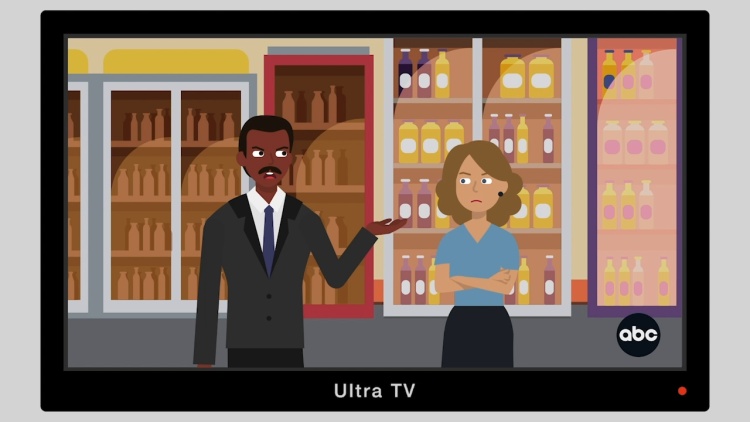Longman v. Food Lion, Inc.
United States Court of Appeals for the Fourth Circuit
197 F.3d 675 (1999)

- Written by Sean Carroll, JD
Facts
On November 5, 1992, ABC reported on various labor and sanitation practices of Food Lion, Inc. (Food Lion) (defendant). The report stated that Food Lion employees often worked off-the-clock and engaged in practices resulting in unsanitary conditions. The report focused on three of Food Lion’s 1,000 stores and interviewed 70 of its 100,000 current and former employees. The day after the report, Food Lion’s Class A stock dropped 11 percent and its Class B stock dropped 14 percent. David Longman and other individuals (plaintiffs) who had purchased Food Lion stock prior to the report brought a class action suit, claiming that Food Lion’s earnings were artificially inflated due to the company’s false representations and omissions regarding its compliance with labor laws and the cleanliness of its stores. During the class period, Food Lion made several public statements about the cleanliness of its stores and its employees' good pay and benefits. Many of these claims were in response to charges made the previous year by the United Food and Commercial Workers Union (Union), which had filed a complaint with the U.S. Department of Labor in September 1991, alleging many of the same labor conditions described in ABC's report. Food Lion stock had been unaffected by the Union's complaint. The district court ruled in favor of Food Lion, finding that its statements and omissions were not material. Longman appealed.
Rule of Law
Issue
Holding and Reasoning (Niemeyer, J.)
What to do next…
Here's why 899,000 law students have relied on our case briefs:
- Written by law professors and practitioners, not other law students. 47,000 briefs, keyed to 994 casebooks. Top-notch customer support.
- The right amount of information, includes the facts, issues, rule of law, holding and reasoning, and any concurrences and dissents.
- Access in your classes, works on your mobile and tablet. Massive library of related video lessons and high quality multiple-choice questions.
- Easy to use, uniform format for every case brief. Written in plain English, not in legalese. Our briefs summarize and simplify; they don’t just repeat the court’s language.





